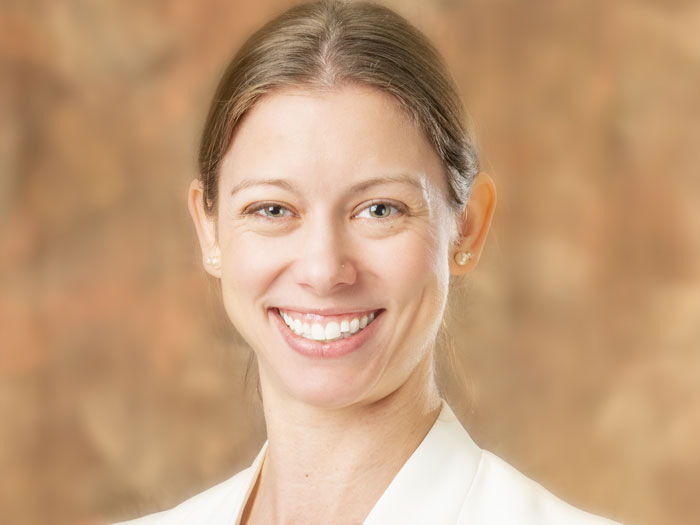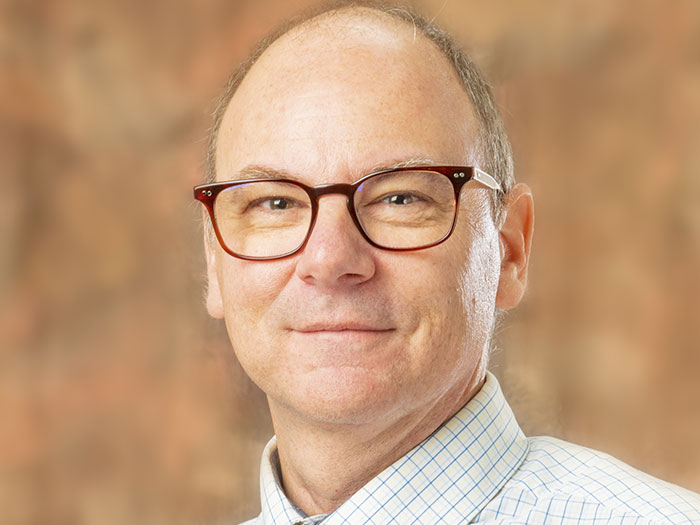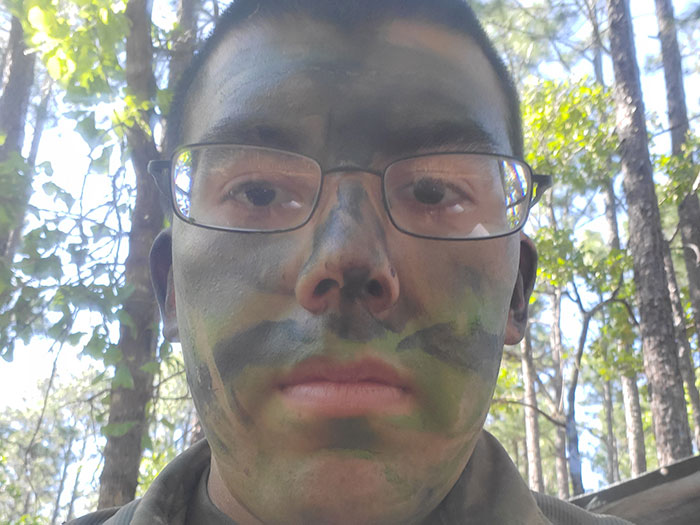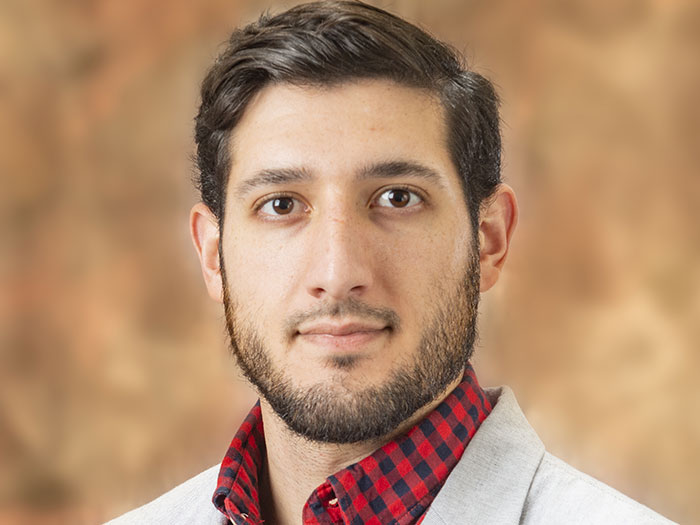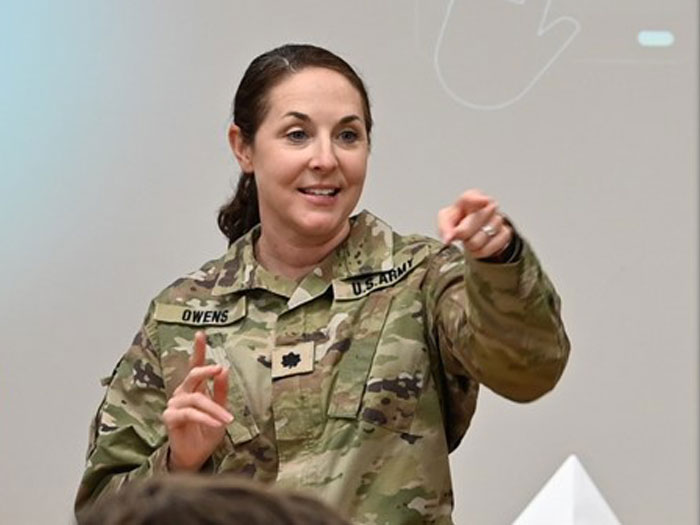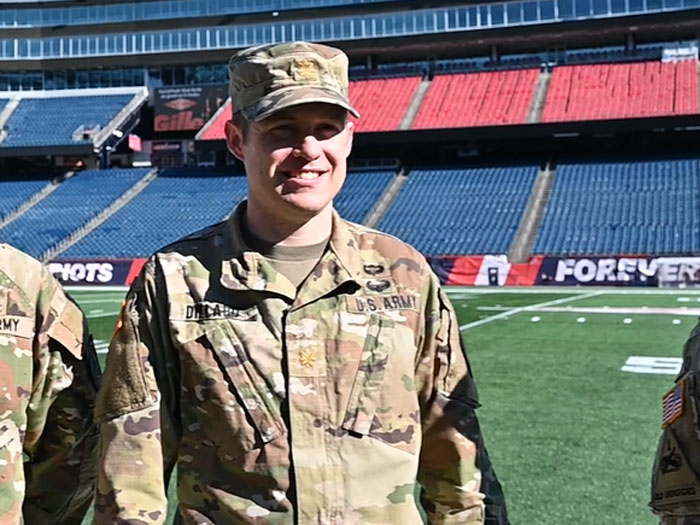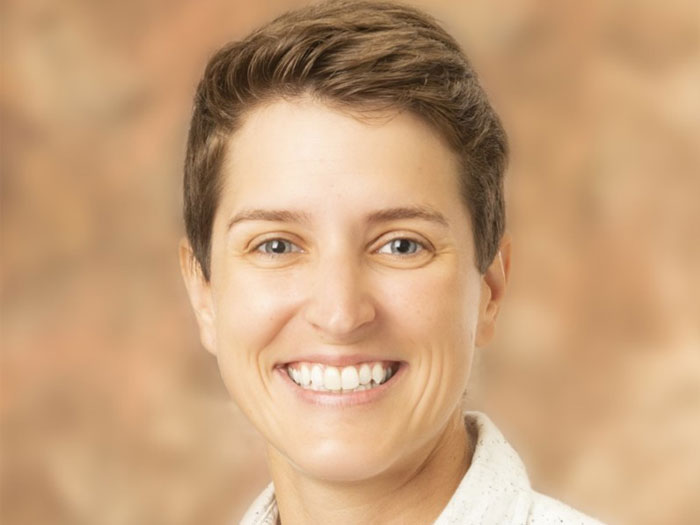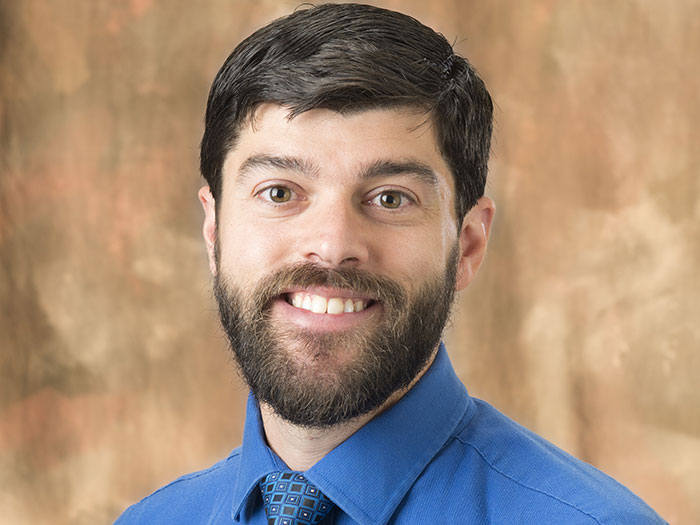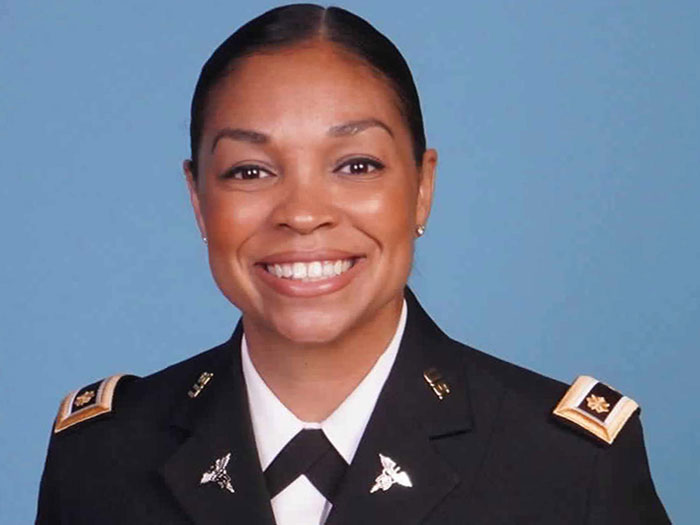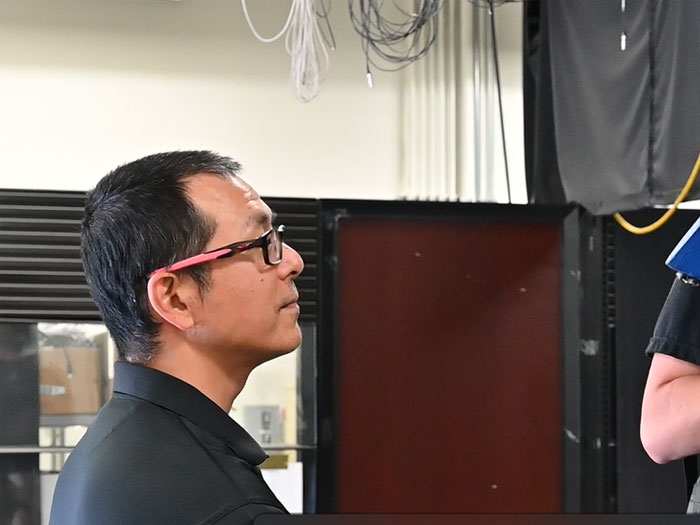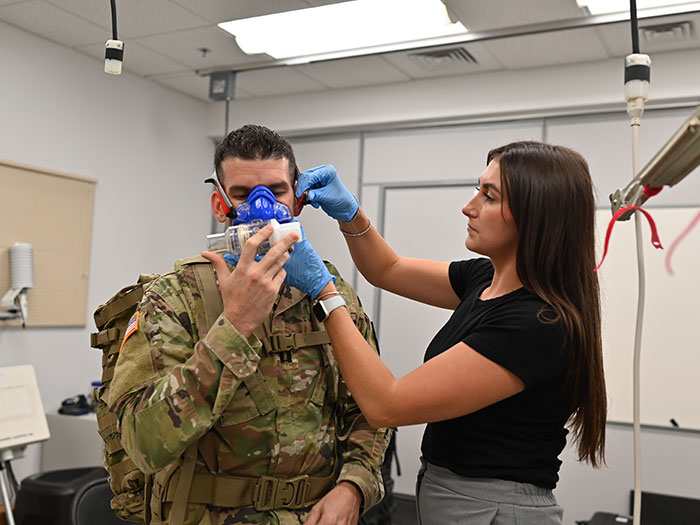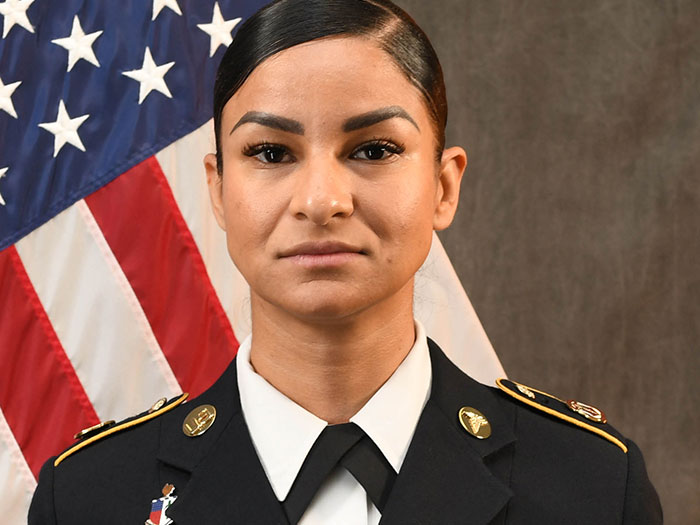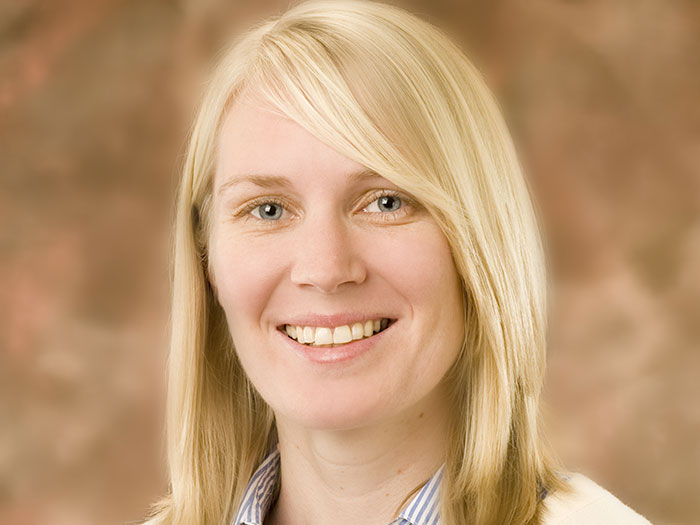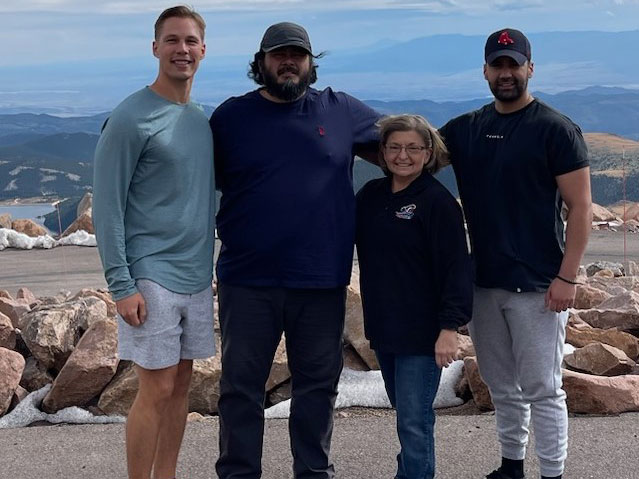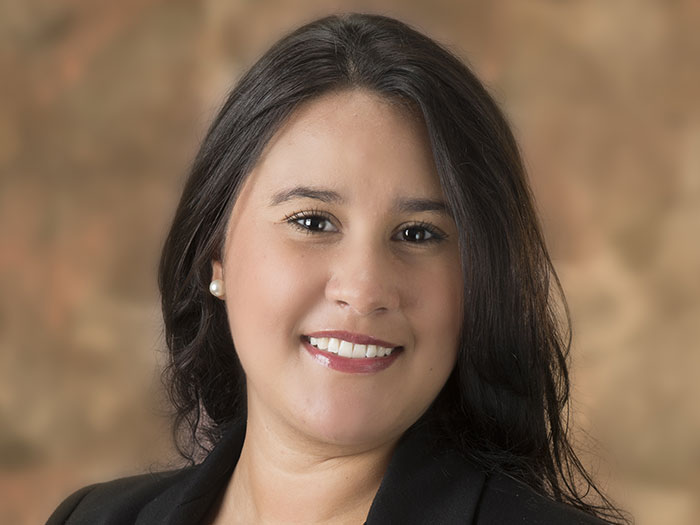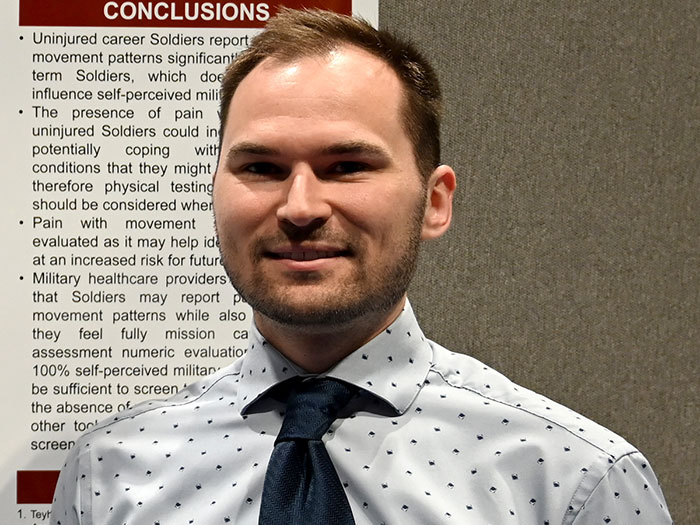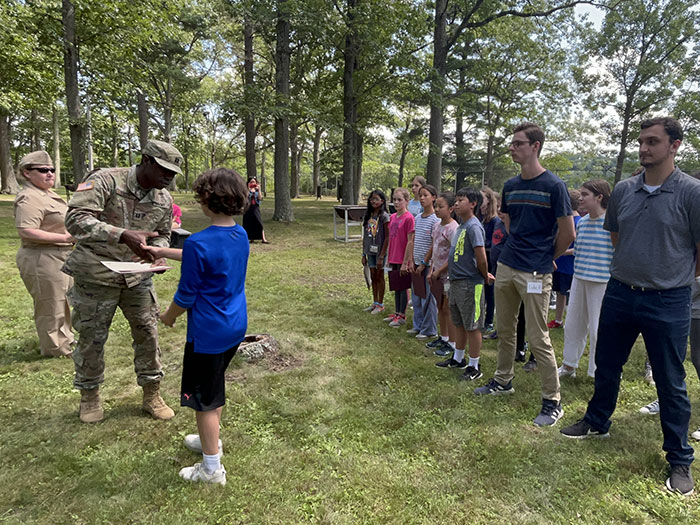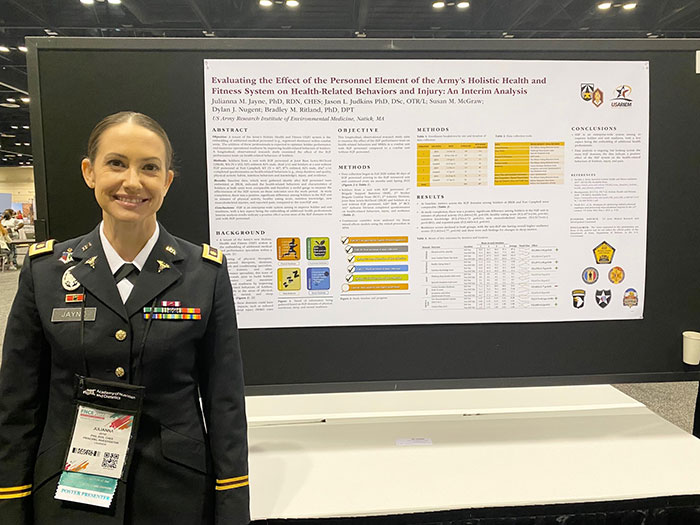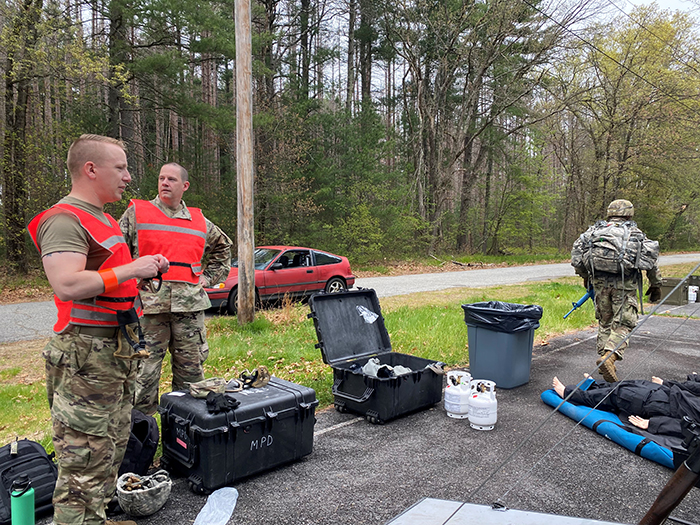Behind the Science with MAJ(P) Vanessa J. Ramirez PT, DPT, PhD, military research bio-mechanist in the Military Performance Division
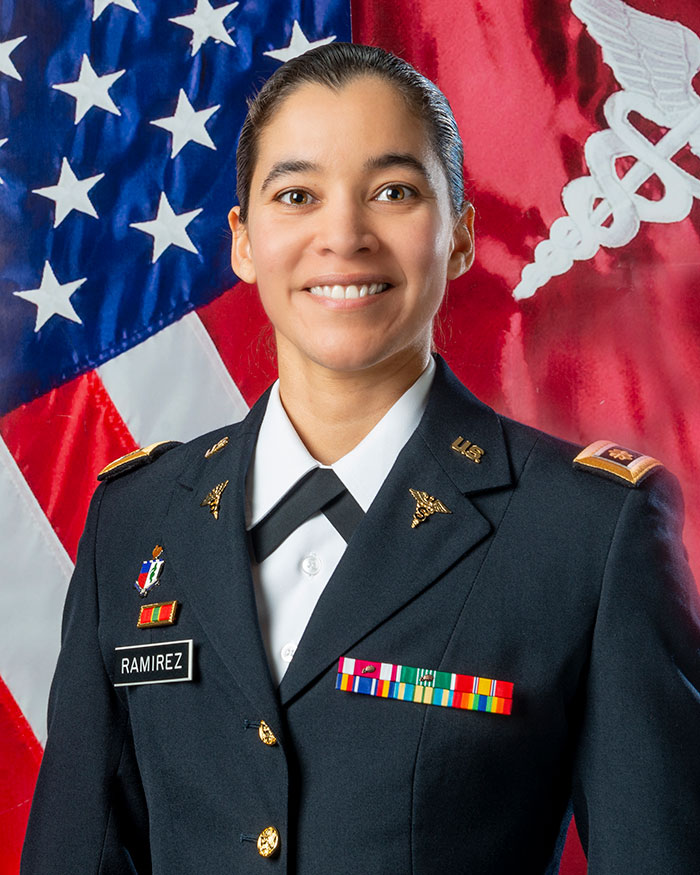
How long have you been at the U.S. Army Research Institute of Environmental Medicine?
I have been at USARIEM for two years. As a Medical Specialist (SP) Corps Officer and having completed a PhD, I came here for my utilization tour as post-doctoral fellow to refine my research skills and expand my creative and strategic thinking skills.
How did you become interested in Soldier Nutrition and Performance?
Coming to the Military Performance Division (MPD) was a perfect fit for me. As an Army Physical Therapist, I not only evaluate and treat neuromusculoskeletal injuries, but I also educate Soldiers and leaders on the tenants of Holistic Health and Fitness (H2F) to optimize Soldier performance and ways to prevent injuries. MPD research directly informs these efforts and I'm very proud to be part of this team.
What projects are you currently working on?
I am the Principal Investigator (PI) for the study titled, "Sex differences in lumbar spinal loads during the ACFT 3RM deadlift," and, "Development of a prediction model for Soldier readiness and training success using machine learning." The first study aims to understand lumbar spine forces, using dynamic musculoskeletal models, to better inform spinal load management when lifting heavy weights during occupational tasks, which can put Soldiers at risk for lower back injury. The second study aims to use a physiological status monitoring (PSM) system and machine learning to develop individualized algorithms to predict and track performance during arduous military training. The development of such algorithms is critical to understanding the utility of such PSM systems to track and educate individuals and to help leaders make better decisions to optimize performance of the force and reduce the likelihood of injuries.
What aspects of your job do you love and find most gratifying?
The best part of being a Soldier-Scientist and clinician is getting to use my past experiences to help develop capabilities and deliver solutions to the Warfighter and Army leaders. By doing this, I get to support the future large-scale combat operational environment with my research. I love the lively collaboration with my colleagues (both civilian and military) and think outside the box to solve complex problems and conduct laboratory and field research to find ways to help Soldiers cope in otherwise un-survivable environments.
What part of your job do you find to be the most difficult?
Research does not happen overnight; it is a long process that takes years to complete. There will be times that you fail more than you succeed. Patience is the most important piece of this process. Having enough patience for this marathon we call "research" to reach the end and deliver the products to the Soldier. Helping the Soldier is the most rewarding part when the research is complete.
When you are not at the Institute, what do you like to do for fun?
I like to stay active by traveling and hiking. Being stationed in the northeast has allowed me to travel to places I probably would not have if it wasn't for this Army-life. I am also a bourbon connoisseur and have quite the growing collection.
2025



2024
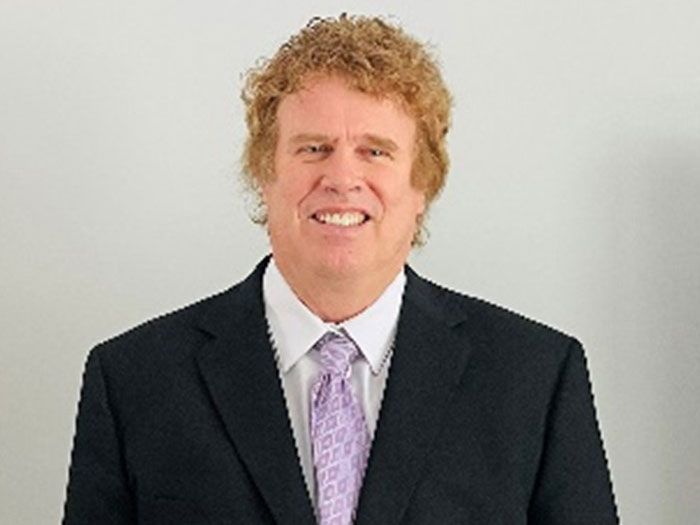

2023
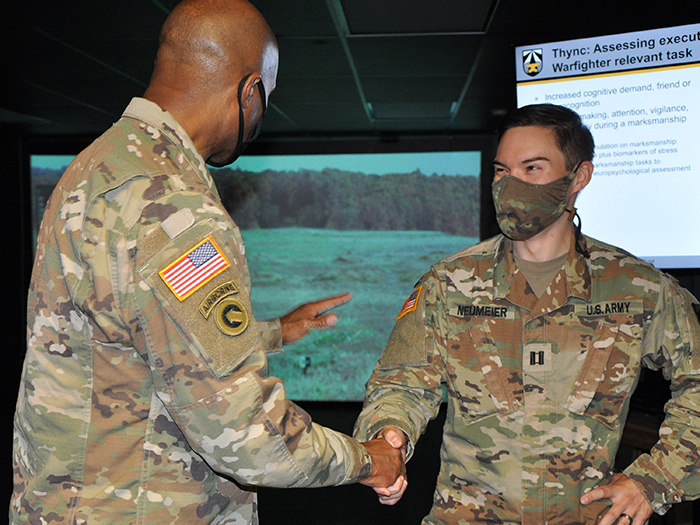
 An official website of the United States government
An official website of the United States government
 ) or https:// means you've safely connected to the .mil website. Share sensitive information only on official, secure websites.
) or https:// means you've safely connected to the .mil website. Share sensitive information only on official, secure websites.

















